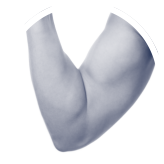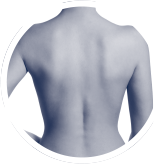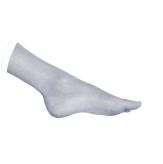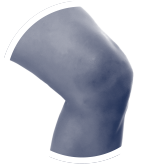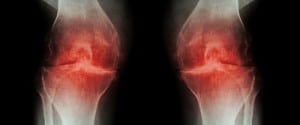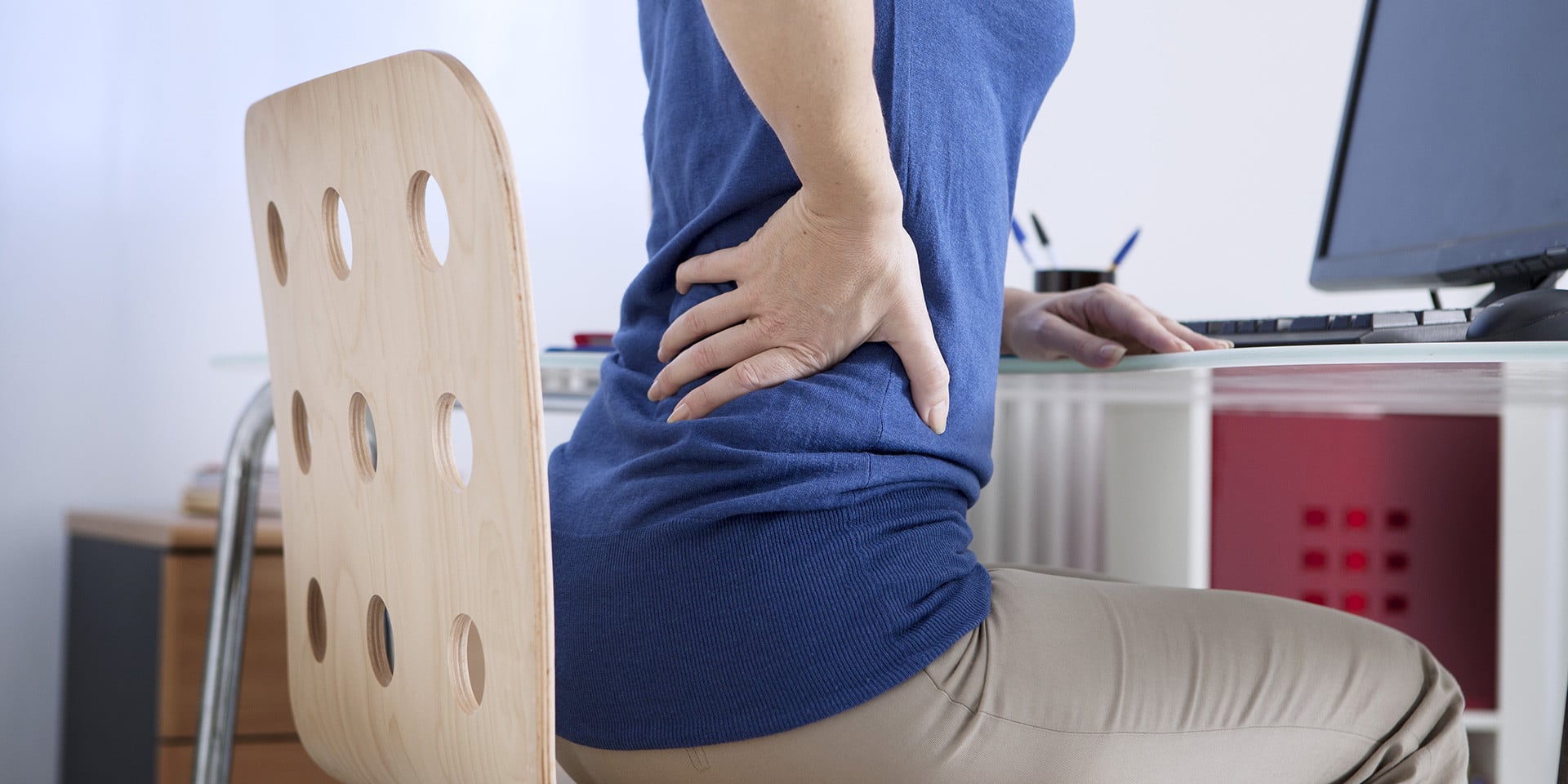
There are many times when our parent’s used to snap at us for any number of different reasons. One that I remember most clearly is at the dinner table, “Sit up straight! Don’t slouch” and then obeying her every command – even if it was a strain and uncomfortable.
Posture is the way our body is positioned at any one time. It is constantly bombarded by gravity, meaning that our joints and muscles are under pressure. Good posture ensures that not one joint or muscle is placed in excess compared to the others and that the force of gravity is spread evenly to avoid this risk.
Our natural posture when standing is an ‘S’ shape. Placed with your back and heels against a wall, you should notice a gap between your lower back and the wall. This is known as the lordotic curve. While sitting, your head should be balanced between the shoulders and not leading in any direction.
When excess pressure is placed on these muscles and joints, it may be uncomfortable for a while. Sometimes this is unavoidable, such as being in a crammed underground tube and having to lean in an awkward way to get space. But this becomes a problem when you are constantly placing excess pressure on certain muscles or joints over a prolonged period of time – weeks, months or even years.
Our desks are a common culprit of bad posture. With computers and papers, we are constantly leaning our head forward to type, write and read. This causes our spines to lean forward too. This throws balance off as our head is no longer balanced on or spine and requires muscle to maintain that position. Over time, this will cause fatigue, tension and, eventually, pain and discomfort – in particular upper back pain, neck pain and headaches.
In particularly bad cases of poor posture, it can cause chronic fatigue and circulation problems alongside pain and discomfort. All these combined have a negative impact on businesses through days off, sick pay and loss in productivity.
So What Can Be Done To Improve Posture within the Office?
Even the most wary of people can get pain that is due to bad posture. But being aware of your posture is the first step to combating any upper back pain, neck pain or headaches.
Once you know what good posture is, then you can start to implement it. Most of our common posture problems arise from our desks at work. If you are using a laptop, the constant leaning over to view the screen will be causing issues. Ask your manager to get an external monitor and keyboard to avoid leaning. The monitor should be set up to eye level and have anti-glare screen protector to avoid eye strain.
Another issue is your chair. Fortunately, many offices now supply chairs will lumbar support, also known as ergonomic chairs. These follow the natural curvature of your back and body to avoid pressures in certain joints/muscles within the body, such as the lower back and neck. If you do not have one, ask your manager for one. If one cannot be supplied, you can purchase a portable lumbar back support. These are curved cushions that supports the lower back.
Outside of the office, there are many other ways to improve your posture and avoid pains. One of the most common way is to lose weight. If you are overweight or obese, your muscles have a harder job to maintain your posture. By losing weight, it will help relieve those muscles. Other sources of bad posture is an unsupportive mattress, arching your back while walking/running and staying in the same position for prolonged periods of time. Try addressing these issues to see a reduction in pain caused by poor posture.
Make an appointment with London Bridge Orthopaedic to help combat upper back and neck pain. For the latest health and orthopaedic news, follow London Bridge Orthopaedic on Facebook, Twitter and LinkedIn.



